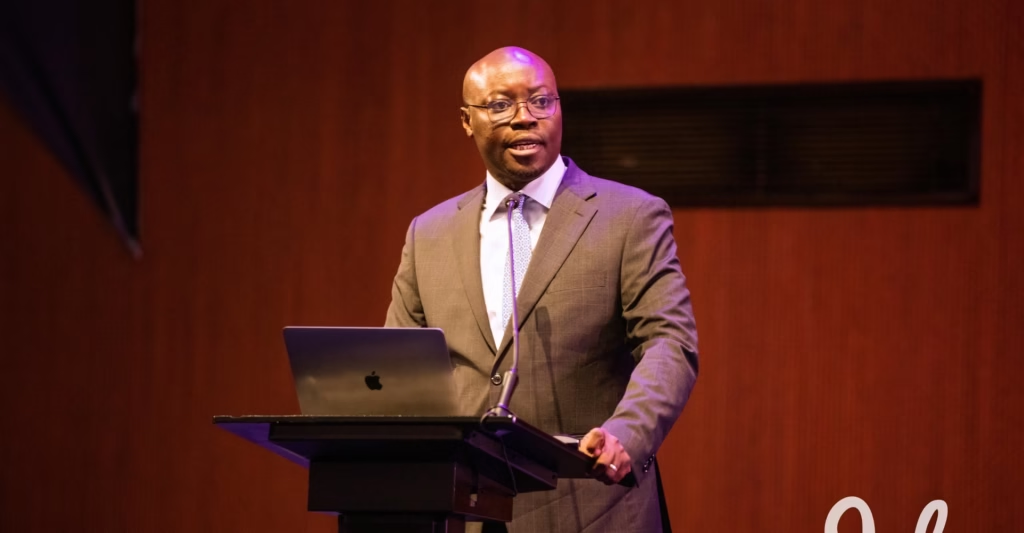Ghana’s Finance Minister, Dr. Cassiel Ato Forson, has emphasized that the 2025 Budget and Policy Statement will play a pivotal role in stabilizing the country’s struggling economy. During a recent youth engagement session on X Spaces, hosted by social media influencer KalyJay, Dr. Forson outlined the government’s plans to address economic challenges and restore stability.
Despite recent efforts, the Finance Minister acknowledged that Ghana’s economy remains in distress, underscoring the need for decisive measures to foster recovery and growth.
Ghana’s Economic Challenges
Dr. Forson did not mince words about the current state of Ghana’s economy. He stated:
“Let’s not deceive ourselves that the country is out of the woods yet. Our economy is still in distress, and the first thing we will need to do is to take measures to bring us back to the stability that we deserve.”
Key challenges include:
- High Inflation: Rising prices continue to erode purchasing power.
- Exchange Rate Volatility: The Cedi’s instability affects businesses and consumers.
- Limited Private Sector Growth: High government borrowing crowds out private investment.
Key Priorities in the 2025 Budget
The 2025 Budget and Policy Statement will focus on several critical areas to stabilize the economy:
1. Controlling Inflation
The government aims to implement measures to curb inflation, ensuring that prices remain stable and predictable.
2. Stabilizing the Exchange Rate
Efforts will be made to maintain a stable exchange rate, reducing uncertainty for businesses and investors.
3. Reducing Domestic Borrowing
Dr. Forson emphasized the need to cut government expenditure and reduce domestic borrowing. This will free up resources for the private sector, driving business growth and economic expansion.
“It is very critical for the government to cut expenditure and reduce its appetite for borrowing. In doing so, there will be a lot more resources for the private sector to benefit from,” he stressed.
Engaging Citizens in Policy Formation
Dr. Forson’s recent engagement with traders at Accra’s Central Business District and youth on X Spaces reflects the government’s commitment to inclusive policymaking. He assured Ghanaians that these consultations are not symbolic but will directly influence the 2025 Budget.
“I do not take the people of Ghana for granted. I am here because I want to hear your take—ignore the propaganda out there,” he affirmed.
This approach aims to build public trust and ensure that policies address the real needs of citizens.
The Road Ahead
The 2025 Budget, set to be presented on March 11, is expected to outline detailed measures to address Ghana’s economic challenges. Key focus areas include:
- Fiscal Discipline: Reducing unnecessary expenditures and improving revenue collection.
- Private Sector Support: Creating an enabling environment for businesses to thrive.
- Social Protection: Safeguarding vulnerable populations from the impact of economic reforms.
FAQs About Ghana’s 2025 Budget
Q: What is the goal of the 2025 Budget?
A: The budget aims to stabilize Ghana’s economy by controlling inflation, stabilizing the exchange rate, and supporting private sector growth.
Q: How will the government reduce domestic borrowing?
A: By cutting expenditure and prioritizing efficient resource allocation.
Q: Will public consultations influence the budget?
A: Yes, the Finance Minister has assured that citizen feedback will shape the final budget.
Q: When will the 2025 Budget be presented?
A: The budget is scheduled for presentation on March 11, 2025.



